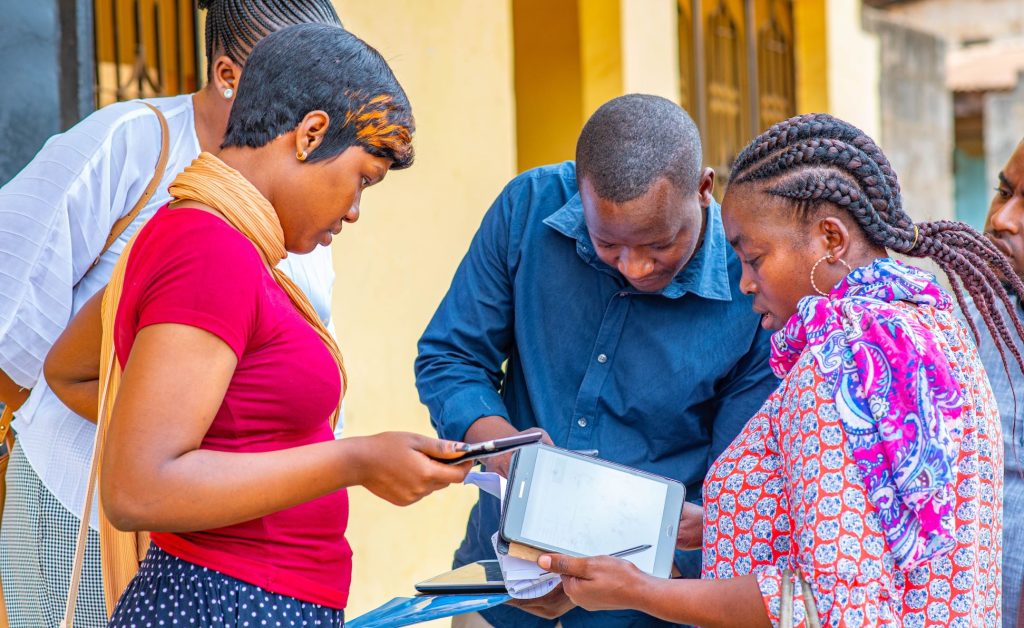Factors Influencing the Adoption of E-participation at the Local Level in Tanzania

Despite the government’s efforts to adopt e-participation at the local level, adoption is still in the early stages, especially at Lower Local Government (LLG) level. However, to a greater extent, councils complied with the Government website guidelines although the guidelines do not include the provision of information below the district level. The main factor is […]
Towards Socially Just Urbanization in Tanzania: Public Service Delivery
To better understand whether all urban dwellers can access public services equally, this policy brief examines the extent to which public services are available in Dar es Salaam and for whom. The analysis of public services covers agricultural extension services, education, guaranteed security of tenure, health care and medical services, housing, and provision of identity […]
Towards a Socially Just Urbanization in Tanzania: Political Participation and Social Cohesion
Tanzania’s rate of urbanization is estimated to be about 5%, and the urban population will grow to 35.5 million in 2030, and 76.5 million in 2050. Dar es Salaam, the biggest commercial city, will have a population of over 10 million people by 2030, thus will be, by definition, a mega-city. Urbanization is often taken […]
Improving the provision of government einformation opportunities in Tanzania
The Internet has the potential to improve public administration, servicedelivery, and citizen engagement (Castells, 2009; Chadwick, 2006,2013). In the early 2000s, the Tanzania government adopted onlinegovernment information provision and established the technicalstandards and guidelines for government websites in 2014 (UnitedRepublic of Tanzania, 2014). E-information stands for provision ofinformation via government websites and social media pages. […]
Time Allocation on Productive and Domestic Work: The Unintended Consequence of Cash Transfers on Women’s Workload
The purpose of this policy brief is to simplify the analysis and summarise the key findings on the domain of time and their policy-related implication and recommendation. The summary will help readers, including policymakers, to grasp key policy messages, implication, and recommendation to further gender transformation initiatives.
Improving the provision of government e-information opportunities in Tanzania
The Internet has the potential to improve public administration, service delivery, and citizen engagement (Castells, 2009; Chadwick, 2006, 2013). In the early 2000s, the Tanzania government adopted online government information provision and established the technical standards and guidelines for government websites in 2014 (United Republic of Tanzania, 2014). E-information stands for provision of information via […]